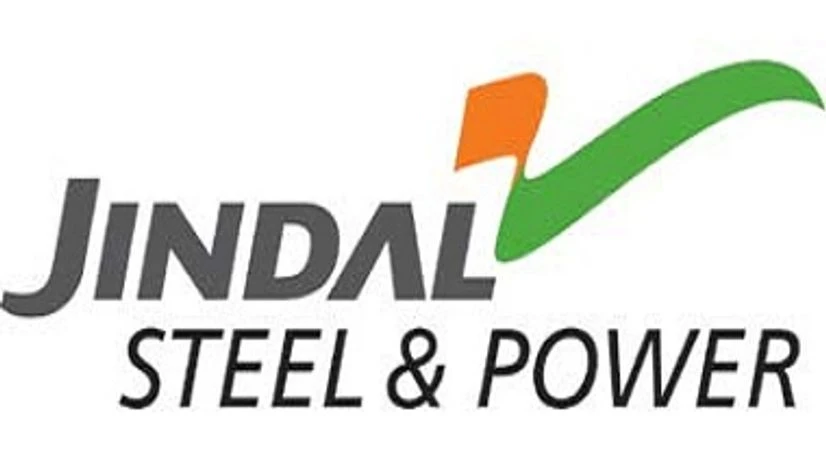Jindal Steel and Power (JSPL) on Tuesday said its consolidated loss narrowed to Rs 100 crore in the quarter ended on March 31, 2017, on the back of higher income.
The company had posted consolidated a loss of Rs 635.8 crore in the year-ago period, JSPL said in a filing to BSE.
JSPL's consolidated total income during January-March period increased to Rs 6,765.07 crore, over Rs 5,549.84 crore in the corresponding quarter of previous financial year.
More From This Section
The government support to domestic steel and power industry has been unequivocal not only by the way of protection against dumping of foreign supplies but also by giving stimulus to local demand by way of enhanced investment in infrastructure, it said.
Indian steel industry, now the second largest in the world, is well poised for recovery and stable performance, it added.
The company said that though the domestic consumption grew at 2.6 per cent, carbon steel demand grew at four per cent - a combination of rising exports, which were up 102 per cent and declining imports, which were down 38 per cent.
Domestic crude steel production was up 8.5 per cent in FY17.
The overall domestic consumption in India could strengthen to six to seven per cent growth in FY18 as domestic demand picks up, given the government's push on infrastructure.
Any start of capex by the private sector, which has been dormant over the past couple of years, could further amplify this demand.
With the Angul blast furnace commissioning, the company is looking to not only ramp up production steadily from the complex but also better costs of production.
The company will commission the Basic Oxygen Furnace (2.5 MTPA) by October 2017, which will enhance the capacity of the steel melting shop at Angul to 5 MTPA from the current 2.5 MTPA.
JSPL is aiming to increase its production by nearly 50 per cent during FY18. Besides launching a major marketing thrust in the domestic market, it is also targeting to export over a million tonne of steel and 2 million tonnes of pellets during the new financial year.
On the power sector, the company said that early summers in FY18 bear well for the power sector with both demand and exchange rates inching up.
With UDAY progressing well, more power purchase agreements by distribution companies are expected to come up for bidding in FY18 as compared to the previous financial year.
The government's recently announced GST rates would help in reducing the fuel cost as GST on coal is five per cent compared to the present total tax rate of 11 per cent.
The company further said that despite the volatility in coking coal over the past few quarters and in recent times, the company has been steadily ramping up production in Mozambique, Australia & South Africa and would continue to produce in the coming quarters.
The steady and efficient ramp up has made it possible for the company to keep production up even during the quarters when prices fell with a steady contribution to the Consolidated EBITDA.

)
